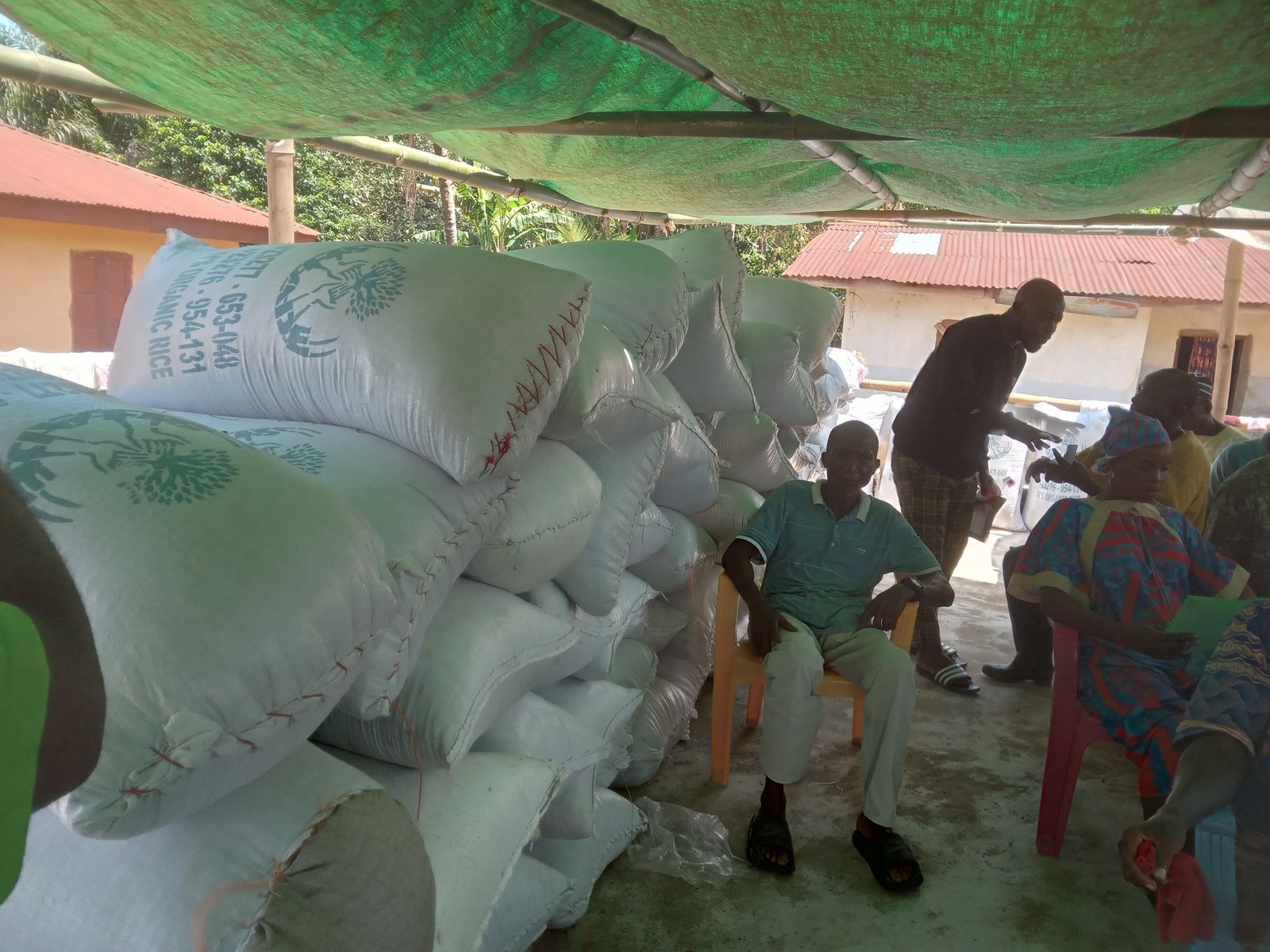Explore SHADE NGO's projects with partners like USAID and UNICEF to drive sustainable change across Sierra Leone.
Discover our past and ongoing initiatives in Sierra Leone.

We promoted sustainable transboundary forest management in the Outamba-Kilimi region, working with communities to protect critical ecosystems while supporting local livelihoods.
Learn More
In partnership with UNICEF, we support MAM/SAM/IMAM nutrition and feeding initiatives for vulnerable communities, addressing malnutrition and improving child health outcomes.
Learn MoreYour donation helps us continue these vital projects and expand our reach to more communities across Sierra Leone. Together, we can drive sustainable change.